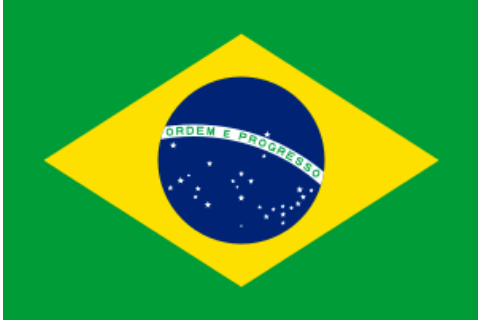
ESI Program in Brazil
The ESI Program is implemented in Brazil in cooperation with 3 development banks: BRDE (State of Rio Grande do Sul), Bandes (State of Espírito Santo) e Goiás Fomento (State of Goiás). Moreover, there is room for partnerships with other financial institutions. The financing strategy combines medium and long-term loans with three risk mitigation instruments that support the identification and structuring of technically robust and bankable projects: a standard contract, technical validation, and the Energy Savings Insurance.Success Cases
The ESI Program explained in 2 minutes
Financing and incentives
Projects that successfully completed the validation and are backed by an Energy Savings Insurance will have access to loans, designed with special conditions, that include preferential rates, grace periods and extended tenure. The specific characteristics and conditions of the credit lines are defined by each bank.
IDB and the local development banks provide incentives for investors and technology providers that develop projects utilizing the ESI Model, including:
- Validation of the projects at the expense of the ESI Program.
- Free access for technology providers to the ESI Accelerator Initiative, aimed to build capacity on how to technically structure a project with ESI methodologies and how to use an Energy Savings Insurance in energy efficiency and distributed generation projects.
- Specialized technical advice, at no cost to the supplier and investor, for the preparation of technical documents required by the validating entity.
- Support in the interaction with the financial intermediary and insurance company for an expedited evaluation of the credit and th Energy Savings Insurance applications.
- Preparation and dissemination of success cases in events and electronic platforms.
Standard contract
The contract establishes the responsibilities of the supplier in terms of supply and installation of equipment and its corresponding guarantees, in addition to the promised energy savings or generation. The customer's commitments include timely payment, access to facilities and adequate manteiannceof the equipment.Some of the most relevant characteristics of the contract are: well defined promised energy savings or energy generation, a reference energy price, periodicity of measurements and contract duration (usually annual and up to 5 years), validation protocols, insurance activation criteria, compensation mechanisms for unrealized savings and dispute resolution clauses. Here you can download the portuguese versions of the contract model for guaranteed energy savings projects and the contract model for guaranteed power generation projects.
Technical validation
The validation of the project consists of two stages:
- Validation: An independent validator evaluates the supplier's technical proposal to the customer and indicates whether the project has the potential to achieve the promised savings. The supplier must use a validation form developed by the Program, which has a methodological guideline to provide assistance.
- Verification: At the end of the installation of the project equipment, the validator verifies on site that the project has been built according to specifications.
The annual savings commitment is set by the supplier based on its experience and assessment on the field. The project baseline is established with standardized methodologies developed by the ESI Program based on ISO 50001 protocols and summarized in the validation form.
The validator acts also as an arbitrator in case of any disagreement between customer and supplier in terms of savings generated by the project. The validator's roles are defined in the contract and his decisions are binding for the parties.
The Brazilian Association of Technical Standards (ABNT) provides its services as a validator in Brazil. For more details please refer to: ABNT
Insurance: energy savings - power generation
In the ESI Model, the insurance is a guarantee instrument, granted by the supplier to the the client, which acts as a performace warranty of the committed savings or energy generation during the contract duration. If at any point in time, the project does not achieve the pledged savings, the insurance will financially compensate the client. The insurance is an integral part of the project and is activated once the validator verifies the initiation of operations.Kovr Seguradora was the pioneer in the development of Energy Saving Insurance in Brazil. Product details are available at: ESI - Kovr.





 Stay updated on the latest trends of Green Finance
Stay updated on the latest trends of Green Finance

